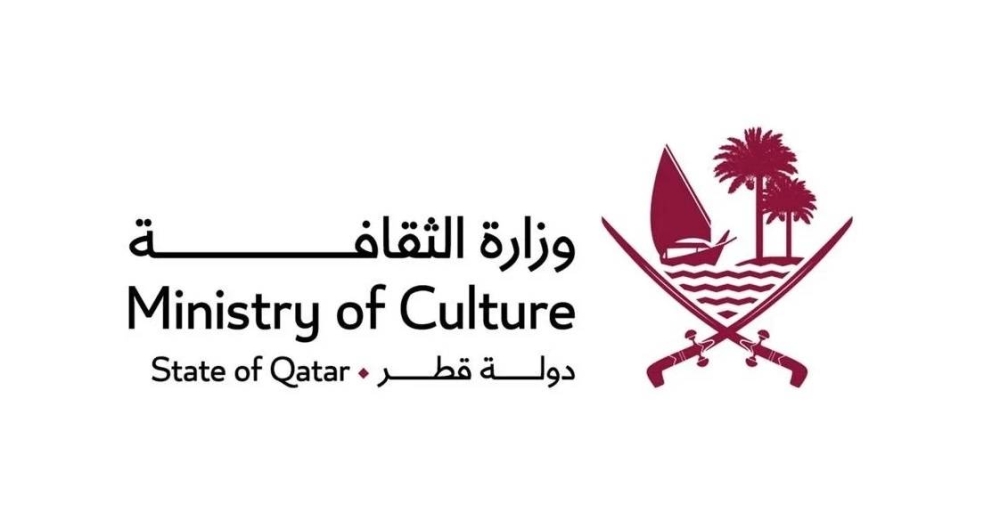Since it ratified the 2003 Convention for the Safeguarding of the Intangible Cultural Heritage in 2008, a major reference for States Parties in developing public policies and enacting legislation and laws to take the necessary measures thereto, Qatar has been paying special attention to cultural heritage.
The Ministry of Culture (MoC) is holding a special celebration of the 20th anniversary of the convention. On this occasion, an exhibition highlighting Qatari cultural heritage will be held at the United Nations Educational, Scientific and Cultural Organization (Unesco) headquarters in Paris Monday.
The exhibition highlights "The Majlis: A Social and Cultural Space," traditional crafts and industries, and examples of the "falconry", which was registered on the Unesco representative list in 2015, in addition to popular arts and popular culinary arts. The exhibition will also display photos showing Qatar's achievements in preserving heritage.
Qatar gives attention to its national cultural heritage, in addition to its role at the international level.
At the national level, Qatar has launched many initiatives to achieve co-operation and harmony between the efforts of various state institutions concerned with preserving intangible cultural heritage. It also sought to register a number of cultural elements on the Representative List of the Intangible Cultural Heritage of Humanity with the Unesco, the most important of which are the falconry, Arabic coffee, the Majlis, the palm tree, and other files.
As part of its commitment to preserving, documenting, raising awareness of, and sharing cultural heritage, Qatar also seeks, individually and jointly to include a number of other cultural elements on Unesco's list of intangible cultural heritage.
Being the owner of the initiative to register the "Bisht' on the Representative List of Intangible Cultural Heritage at Unesco, Qatar leads Arab efforts to follow up on registration procedures, in co-operation with Arab League of Educational, Cultural and Scientific Organization (Alecso).
Qatar has previously worked on registering a number of joint Arab files, such as the "palm tree" and "Arabic calligraphy" , in addition to the "metal engraving art", which will soon be registered on the Representative List of World Heritage under an Iraqi initiative, with 14 Arab countries participating in it.
Director of the Heritage and Identity Department at the Ministry of Culture Sheikha Nagla Faisal al-Thani, said the ministry is currently working on preparing a documentary about the elements of Qatari intangible cultural heritage registered on the convention's lists, noting that the Ministry of Culture always seeks to spread awareness among the local community and inform the international community on the role of Qatar in protecting and preserving intangible cultural heritage that represents the identity of Qatari society.
Qatar
Qatar keen to preserve its intangible cultural heritage
MoC to hold celebration at Unesco HQ Monday

